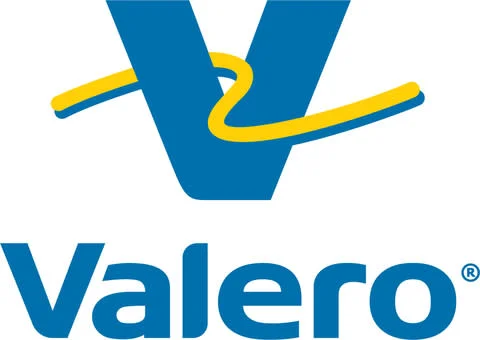
What Does the Future Hold for Valero’s Benicia Refinery?
In a surprising announcement, Valero Energy Corporation revealed plans to possibly cease operations at its Benicia refinery in California by April 2026. This decision has ignited discussions about the implications for the community, employees, and the environment.
On April 16, 2025, the company disclosed that it submitted notice to the California Energy Commission signaling its intent to "idle, restructure, or cease" operations at the facility. During a time when energy demands are evolving, such moves raise numerous questions regarding Valero’s strategic direction and the future of petroleum refining in California.
Lane Riggs, Valero's CEO, emphasized the company's awareness of the potential impact on its more than 400 employees and the surrounding community. He stated, "We understand the impact that this may have on our employees, business partners, and community, and will continue to work with them through this period." It reflects a cautious approach amid uncertainties in the energy market.

The Benicia refinery, located near the Carquinez Strait, plays a significant role in California's energy landscape as it accounts for approximately 8.94% of the state's crude oil capacity, with a throughput capacity of 170,000 barrels per day. The decision to potentially close it has prompted local officials to seek clarity from Valero regarding the timeline and consultations surrounding the operation changes.
Benicia Mayor Steve Young and City Manager Mario Giuliani assured residents that they would prioritize transparency and collaboration throughout this process. Young stated, "While this potential transition raises many questions, I want to reassure our residents that the City is committed to transparency, collaboration, and careful planning." Their proactive stance aims to mitigate the economic fallout in a city already grappling with challenges.
Valero's operations have faced increasing scrutiny in recent years. Just last year, the company was fined $82 million for air quality violations at the Benicia refinery, the largest penalty ever imposed by the Bay Area Air Quality Management District. The pressure has been mounting from both regulatory agencies and environmentalists, highlighting the challenges faced by traditional refineries in an era that increasingly values sustainable energy solutions.
While Valero has announced it will continue to evaluate its operations, uncertainties remain regarding how the closure will affect both the local economy and the energy landscape in California. The company did not provide specific plans for its other Californian refineries, leaving a cloud of suspense about their futures as well. As the situation unfolds, stakeholders will be paying close attention to Valero's decisions and their ramifications across the sector.

As residents and employees prepare for a potential transition, the broader question remains: what will happen to the refining industry in California as states and companies shift towards greener alternatives? Community members are encouraged to share their thoughts and concerns about the changes in the comments below.